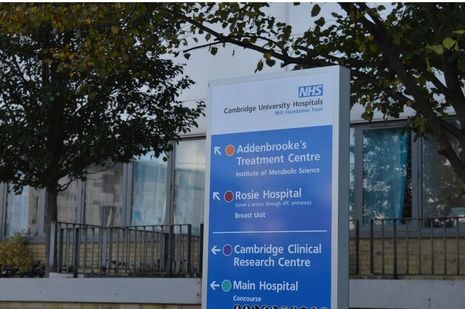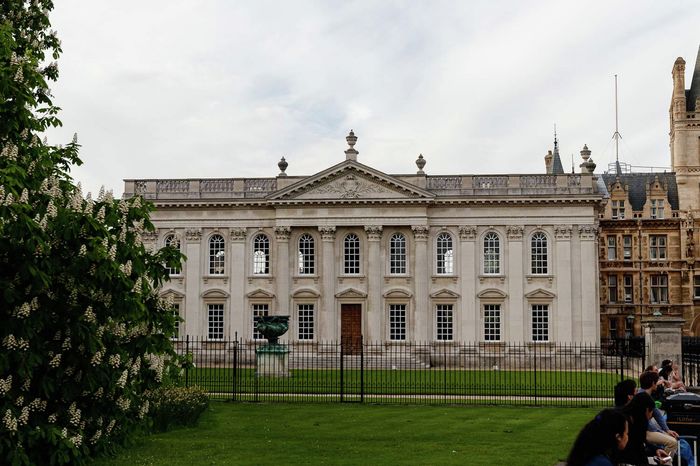Uni launches psychedelic research group
Last month, the CPRG marked their launch at the first Cambridge Psychedelic Research Day, hosted at Clare College

The University of Cambridge has launched the Cambridge Psychedelic Research Group (CPRG) for research into psychedelic-assisted therapy for mental health.
The University has agreed a multi-institutional partnership with Cambridge University Hospitals and Cambridgeshire and Peterborough NHS Foundation Trusts to offer the first psychedelic-based treatments in the East of England.
Last month (12/04), the CPRG marked their launch at the first Cambridge Psychedelic Research Day, hosted at Clare College.
Over 150 scientists, clinicians and students, including Cambridge academics from the Departments of Psychiatry and Psychology, attended panels on the latest developments in research into psychedelic medicine.
The CPRG’s research focuses on how psychedelic-assisted therapy can treat mental health conditions such as major depression, post-traumatic stress disorder (PTSD), generalised anxiety, and eating disorders.
It uses an integrated model combining psychedelics with formal psychotherapy or informal psychological support, administered by licensed mental health professionals.
The group’s research will be conducted primarily at the Windsor Research Unit and the Cambridge Clinical Research Facility, based at Addenbrooke’s Hospital. It will carry out both early-phase and complex late-phase trials in diverse clinical populations and age groups.
Last year, the CPRG launched its first two trials on psychedelic-assisted therapy for PTSD after securing a licence permitting experimental use of drugs from the Home Office. This year, the CPRG will begin two more trials looking into the potential for psilocybin (found in mushrooms) to treat depression and anxiety.
The CPRG also supports the integration of psychedelic-assisted therapy within local NHS services.
Dr Liliana Galindo, a Cambridge Professor of Psychiatry, leading the group said: “Our partnerships with the University, NHS Trusts, and other national and international academic institutions represent the first step of a broader initiative to develop new interventions, care models, and service pathways for neuropsychiatric disorders that are urgently needed, now more than ever.”
Dr Galindo also explained that the CPRG’s “mission is to conduct rigorous, multidisciplinary psychedelic research that improves mental health and well-being, restores social functioning, and promotes long-term recovery through safe, inclusive, and evidence-based practices,” adding that “we believe Cambridge has the scientific depth, clinical leadership, and collaborative spirit to rise to this challenge”.
In an interview with Varsity in February, Dr Galindo described how traditional medications for mental health treatment like SSRI’s are not “treating the root… the trauma that is left behind”.
Drug Science, an organisation of scientists with the mission statement that “the pursuit of knowledge should be free of all political and commercial interest,” described the significance of the Research Group as “a major step forward in integrating cutting-edge psychedelic research into mainstream mental healthcare”.
This comes months after the University established a research fellowship in order to study the neurological causes of poor mental health, with the fellow set to take their position in October.
 News / Caius mourns its tree-mendous loss23 December 2025
News / Caius mourns its tree-mendous loss23 December 2025 Comment / Yes, I’m brown – but I have more important things to say22 December 2025
Comment / Yes, I’m brown – but I have more important things to say22 December 2025 News / Clare Hall spent over £500k opposing busway 24 December 2025
News / Clare Hall spent over £500k opposing busway 24 December 2025 Interviews / Politics, your own way: Tilly Middlehurst on speaking out21 December 2025
Interviews / Politics, your own way: Tilly Middlehurst on speaking out21 December 2025 News / King appoints Peterhouse chaplain to Westminster Abbey22 December 2025
News / King appoints Peterhouse chaplain to Westminster Abbey22 December 2025









